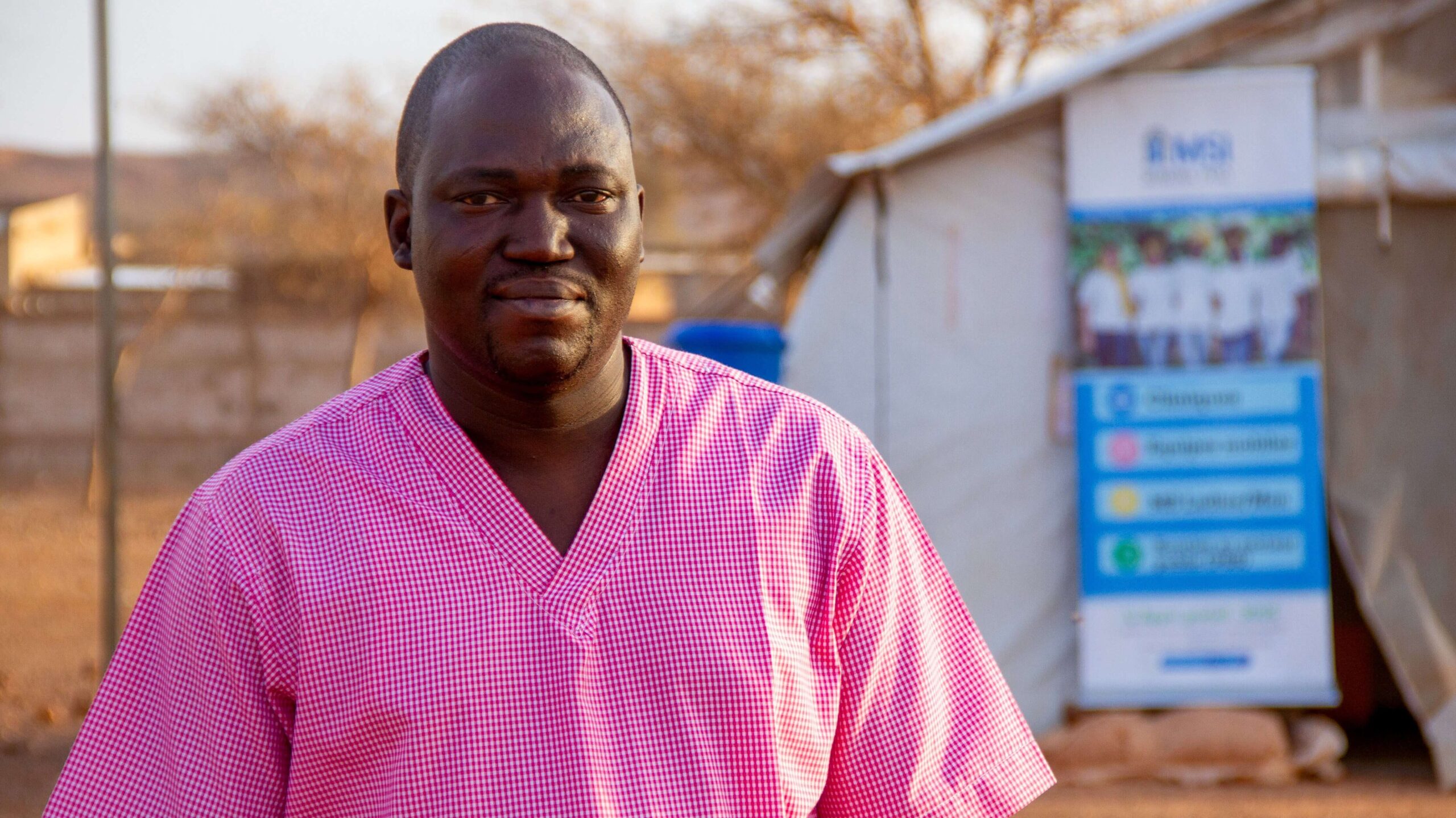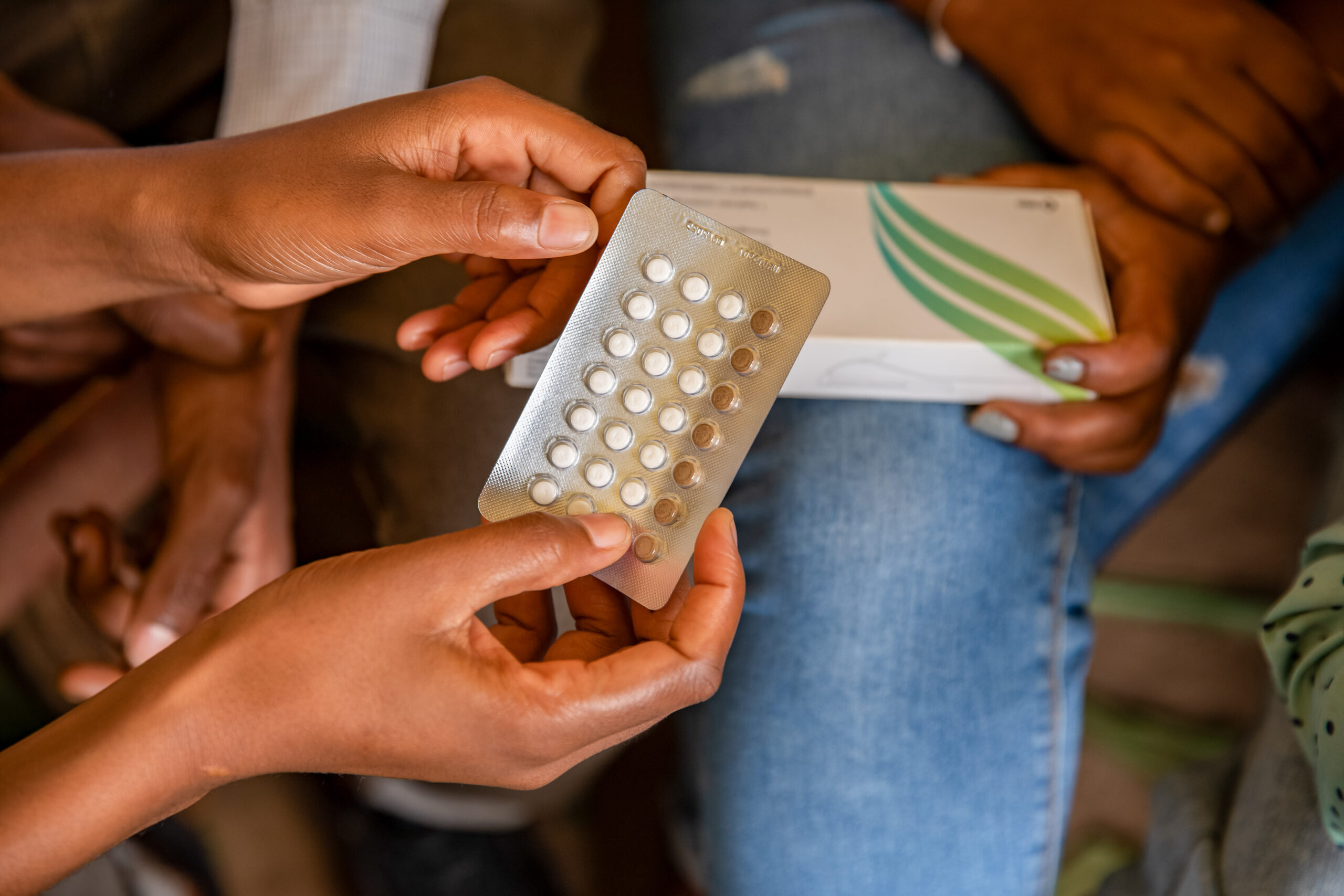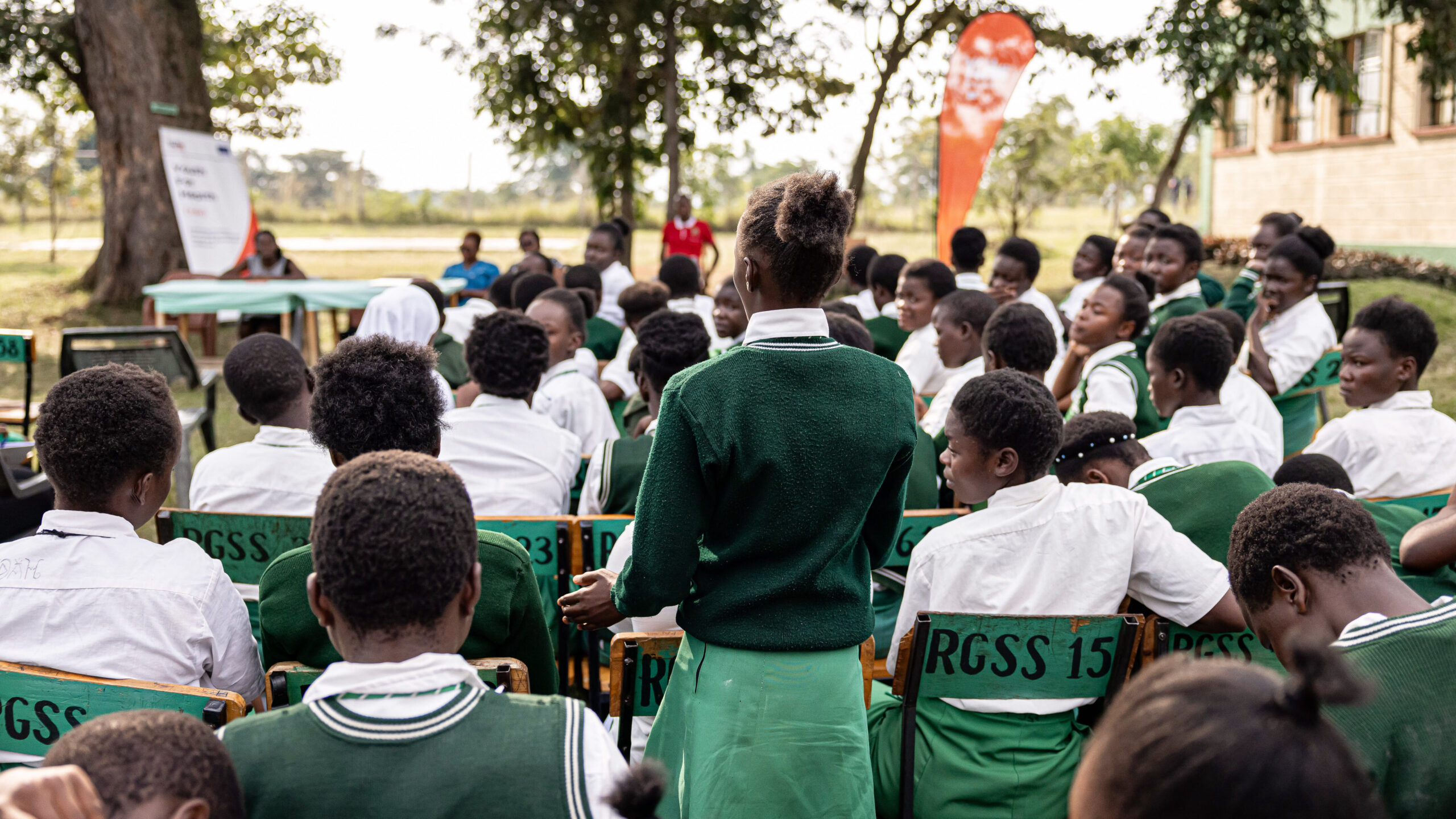-

One year on: Impacts on reproductive rights since USAID cuts
Our frontline teams have seen the chaos and harm across communities worldwide.
-

World Vasectomy Day: MSI is expanding this choice for men and families globally
This World Vasectomy Day, learn more about MSI Reproductive Choices’ project to educate men about vasectomy and expand access to services.
-

Contraception is not an ‘abortifacient’: Calling out disinformation from the US government
The US government is claiming that certain types of contraception are ‘abortifacient’. This is incorrect and a deliberate political move by the Trump administration to undermine the right to access contraception. We’re debunking this disinformation.
-

MSI statement on the planned expansion of the global gag rule
“Such a move would be an insidious encroachment on sovereignty, pressuring governments to change their own laws and policies in exchange for U.S. funding.”
-

MSI’s “Pillboard” celebrates the power of choice in New York
MSI’s new #ChoiceWeek campaign celebrates the power of choice.
-

MSI statement on the $9.7 million of USAID contraceptive supplies
“If this contraception is destroyed, it would be an outrageous act of cruelty.”
-

Beyond where roads end, a nurse is changing lives
A story of people taking control of their futures with contraception in rural Nigeria.
-

Why is $9.7M worth of contraception being destroyed by the US government?
The US is destroying $9.7m of taxpayer-funded contraceptives – learn why and how to help.
-

A girl’s wish to finish school
When a teenage girl wants to get an education and finish school, nothing should get in her way. For 19-year-old Adadechei, it wasn’t that simple.
-

MSI statement on the planned destruction of USAID contraceptive supplies
MSI responds to the US State Department’s plan to destroy $9.7m of USAID contraceptive supplies, which are destined for women living in some of the most vulnerable communities.





